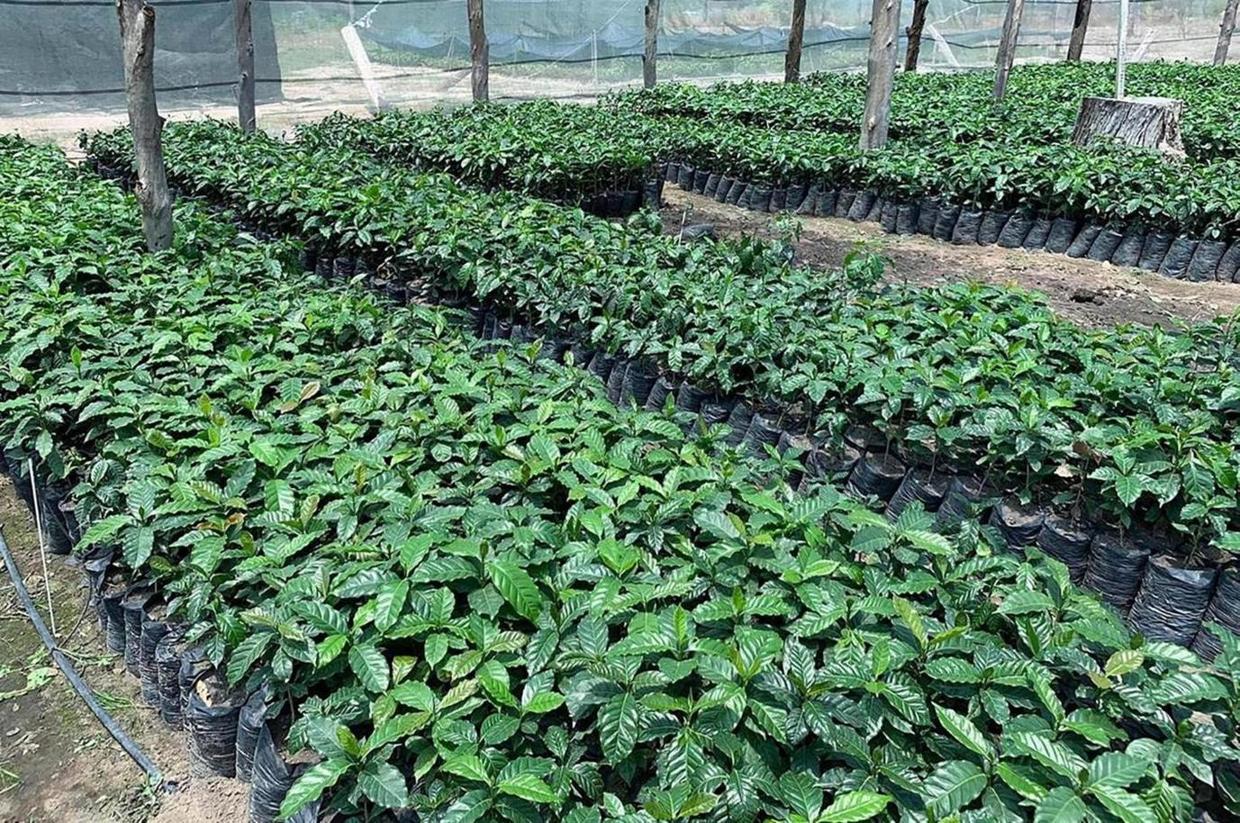Africa-Press – Angola. With the Gross Domestic Product (GDP) growing by 4.6 percent in the first quarter of this year, compared to the same period in 2023, economists believe in an improvement in the distribution of income to the country’s most needy families.
The data, which appears in the Quick Information Sheet (FIR) relating to the National Accounts, of the Report of the National Statistics Institute released this month, indicates that the activities that contributed most to GDP growth, in the 1st Quarter of this year, were the extraction and refining of crude oil and natural gas, with 30.4 percent, trade (26.8), agriculture and forestry (7.7), manufacturing industry products (5.5), construction (5.5), fishing (4.9), real estate services (3.4), Public Administration, Defense and Compulsory Social Security (1.8) and other services with 8.3 percent.
Improve distribution
To better understand the GDP growth, which is included in the FIR regarding the National Accounts for the first quarter of 2024, press spoke to some economists, who were confident that more public and private investments would emerge to improve the distribution of wealth for the benefit of the population, if GDP continues to grow until the end of the current year.
According to economist Bernardo Vaz, from the Lusíada University of Angola, if the Angolan economy continues to perform as it did in the first quarter of 2024, by the end of this year, GDP growth could reach above 3.1 percent, which corresponds to the population growth rate.
“During this period, we have grown below population growth, that is, the wealth that the country produces, when compared to the population growth rate, has been lower. Now, if this rate continues, what we will produce could be greater than the number of inhabitants in the country, which is beneficial for a better distribution of wealth”, he explained.
According to Bernardo Vaz, who is also a researcher at the Economic Research Center of the Lusíada University of Angola (CINVESTEC), the increase in GDP allows for a surplus in the distribution of wealth, when the population rate is below the growth of the Gross Domestic Product.
For the economist, GDP growth can influence national and foreign entrepreneurs to invest more in the country. “With this growth in the Gross Domestic Product, investors will be influenced to boost economic activity in the country,” he noted.
He pointed out that the agricultural, trade and oil sectors contributed to GDP growth in the first quarter of this year, as did the transport, energy and water and construction segments, in relative terms. In absolute terms, according to him, the agricultural sector continues to represent 7 percent, trade 26 percent and oil and its refined products and derivatives 30 percent.
Qualified workforce
For the economist, skilled labor is essential for economic growth. According to him, if a country does not have skilled labor, investors may turn to other parts of the world, due to competition in labor markets.
“Companies want to find qualified workers, so people must be aware of what companies are looking for in the market. We have to look for training that companies need. All of this is a business environment”, he said, noting that investing in education is not enough to build schools and put teachers to teach, but it is necessary to test quality.
More investments
Economist Rui Malaquias, interviewed by Angolan Public Television (TPA), said that the growth of sectors in the GDP means that there was an organization, especially in products that the country already imports little, such as Agribusiness and Fisheries, which normally start to have good numbers, from the 2nd Quarter onwards.
“These figures are from the first quarter of 2024, which are compared with the last quarter of 2023. However, in relation to the first quarter of 2023, compared to the same period last year, there was growth of 2.9 percent. It is important that GDP continues to grow, because growth attracts investment”, he said.
He added that GDP growth must continue with public investment and attracting foreign investment, so that we can have a GDP that grows faster than the population.
Sectoral year-on-year variation
During the first quarter of this year, Agriculture and Forestry grew by 4.2 percent, Fishing (0.5), Oil Extraction and Refining (6.9), Extraction of Diamonds, Metallic Minerals and Other Non-Metallic Minerals (4), Manufacturing Products (1.3), Electricity and Water (7.0), Construction (2.1), Trade (6.0), Transport and Storage (19.4), Post and Telecommunications (-3.1), Financial Intermediation and Insurance (10.2), Public Administration, Defence and Compulsory Social Security (2.5), Real Estate Services (2.9%) and other services (4.3 percent).
For More News And Analysis About Angola Follow Africa-Press






